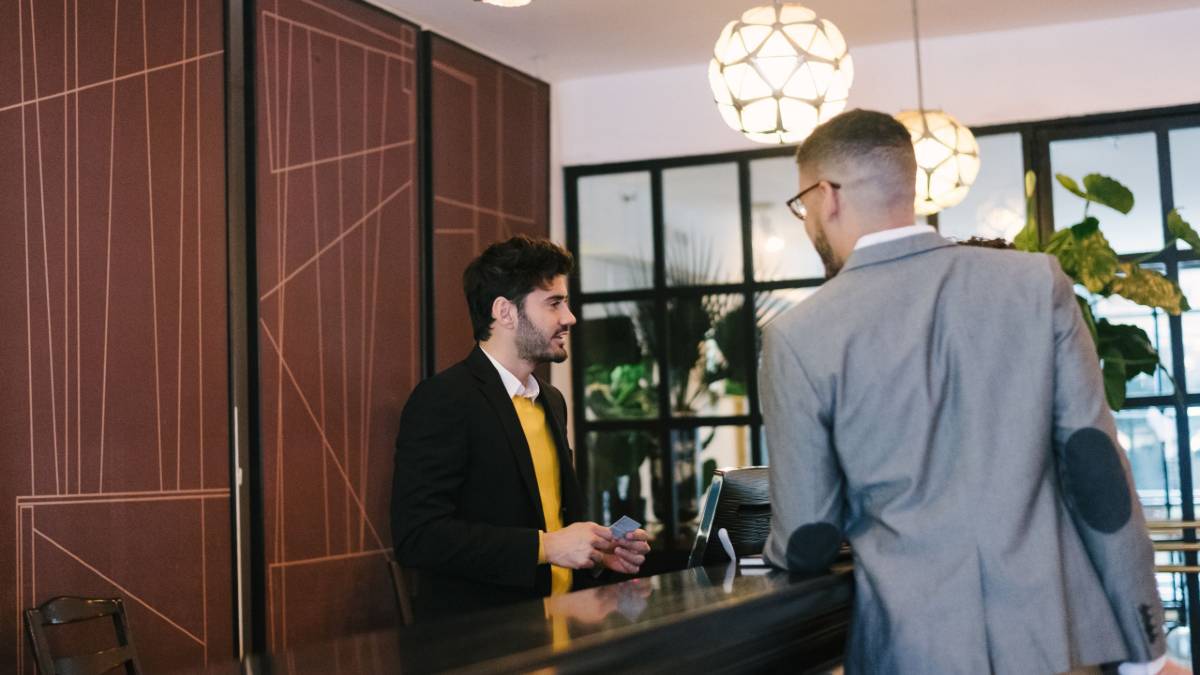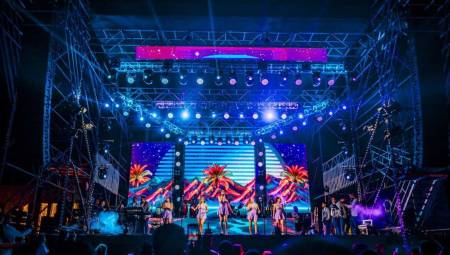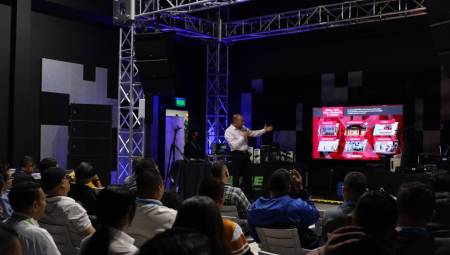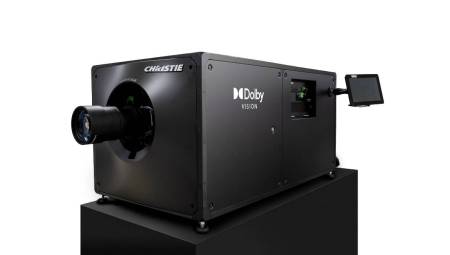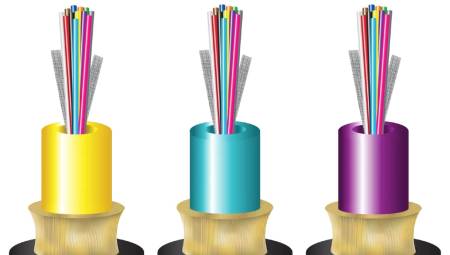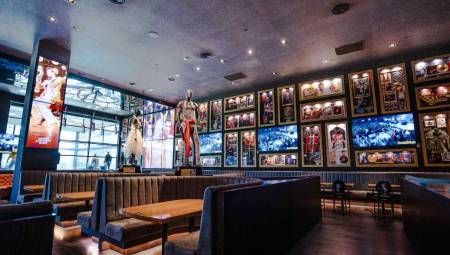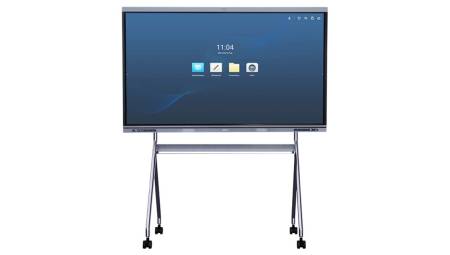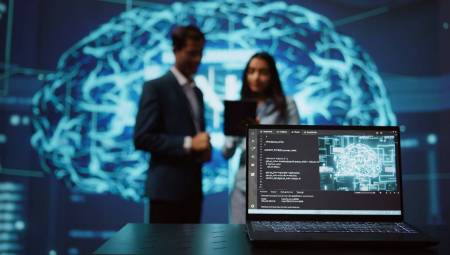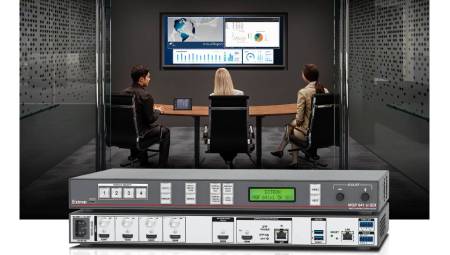Mexico. The way people consume today has changed dramatically. When it comes to hotels and accommodations, the needs of travelers have evolved and more and more guests are looking for enhanced experiences that fit their expectations of safety and comfort, especially in a landscape where health is more relevant in the spaces we inhabit.
These expectations include controls in guest rooms that can provide a more efficient and streamlined experience, better indoor air quality (IAQ), and help improve sustainability efforts to reduce energy consumption.
"To meet travellers' expectations and differentiate themselves from the competition, hoteliers must understand how technology, if applied correctly – from smart lighting solutions and building management systems to air quality sensors and energy management tools – can help improve the guest experience and have a positive impact on the bottom line." – declares Sergio González, General Manager of Honeywell Building Technologies (HBT) for Latin America.
One of the elements in trend to achieve the best experience are the control and personalization of this. Imagine arriving at your hotel room after a long day of travel and, when you enter it, see that the temperature fits exactly your preferences and that the room interacts with you to demonstrate its characteristics such as soft lighting, opening the curtain according to your tastes, in addition, all wall devices silently announcing their positions. Guests begin to expect more personalized preferences to meet their needs and to deliver it, hoteliers can apply technologies that help create a more intuitive in-room experience.
Technologies that enable custom controls include advanced lighting systems, adjustable climate control to automate temperatures, and even smart curtains that can be programmed to open and close at certain times of the day. Voice-controlled solutions can also be used to improve guest comfort without having to move from bed.
Another aspect that until a few years ago was not on the radar of travelers, but that since the last health emergency becomes more important is the quality of indoor air in the spaces we frequent, which is a critical factor in the experience of guests in the rooms, since it can have a direct impact on well-being, the comfort and productivity of hotel occupants.
For this reason, the hotel sector shows a trend towards the inclusion of sensors that can monitor humidity, ventilation, temperature, pressure and contaminant levels using real-time data visualized on dashboards. From data capture, hotel facility managers can run reports to analyze and detect trends, allowing them to anticipate and further improve indoor air quality levels.
According to the National Commission for the Efficient Use of Energy, hotels consume between 303 and 406 kWh/m2[1] depending on the climatic conditions of their location. To combat this situation, hotels must continue to look for ways to reduce energy consumption and improve the guest experience with data analytics that enable them to be more energy efficient.
By deploying optimization technologies based on artificial intelligence and machine learning, hotels can manage energy use. Optimization technologies learn and manage climate controls based on outdoor weather patterns, load patterns and equipment capacity, as well as climate control based on occupancy levels of certain rooms or spaces.
"The hotel of tomorrow has to be agile and willing to adapt to the changing needs of the tourism sector. By including the right technologies, hotels are creating a solid foundation for the future that will be a more comfortable, personal and safe space for modern travelers."



